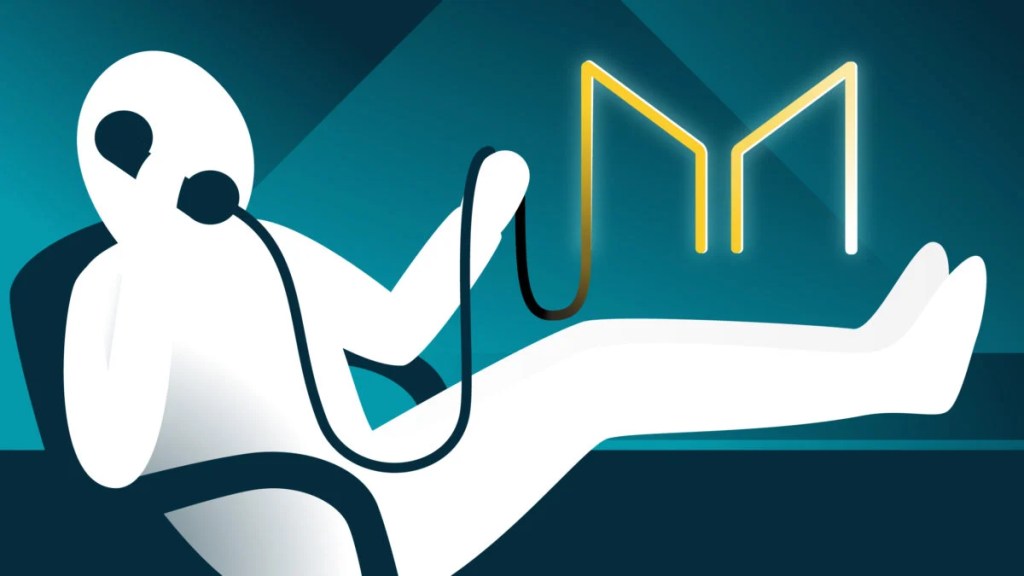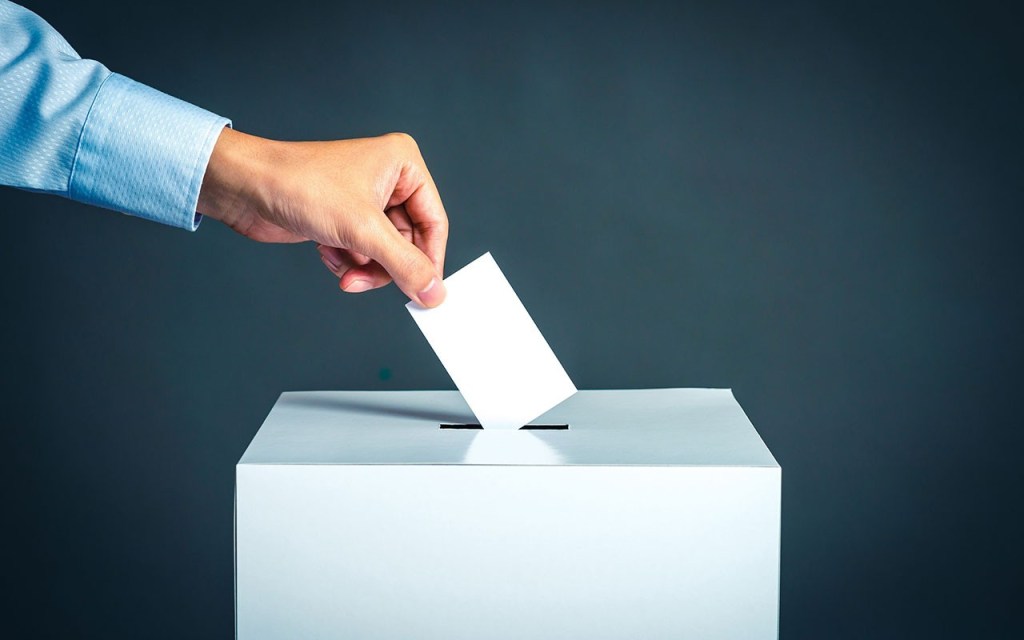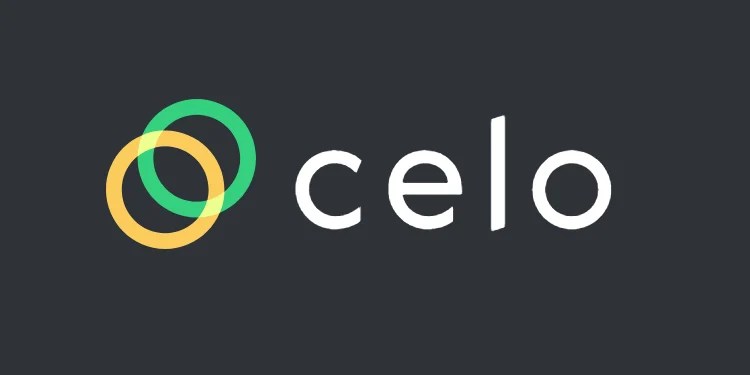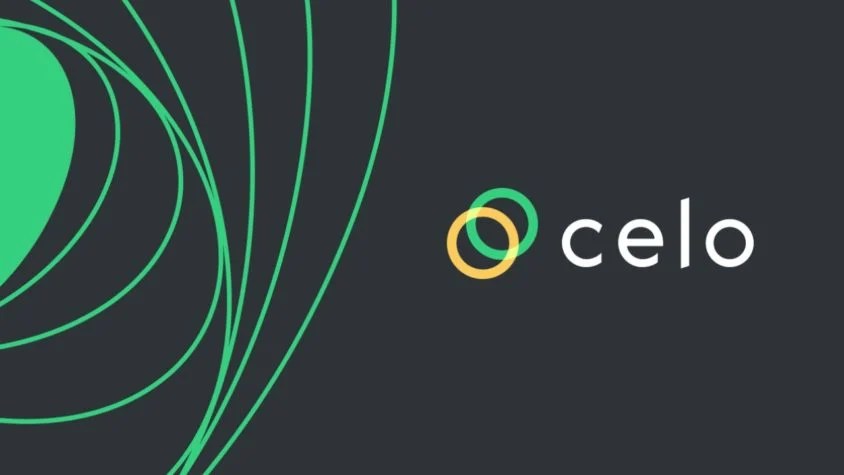This altcoin community supported the plan to deposit $100 million USDC stablecoin into the Yearn Finance vault. As Kriptokoin.com, we have compiled the contents of the votes for 2 altcoins for you.
This altcoin is making a pretty high investment plan
Management members of Dai stablecoin issuer MakerDAO have approved a preliminary proposal to deposit $100 million worth of USDC stablecoins from its reserves into a private investment account known as the ‘vault’ managed by Yearn Finance. The vault has a $100 million limit and is expected to generate an estimated 2% annual return for MakerDAO, which is worth $2 million.
The partnership between MakerDAO and Yearn Finance, first proposed by a yield aggregator Yearn in November 2022, still needs final approval by an executive vote. Executive votes are the final step in the Maker Governance process and are used to implement technical changes to the Maker Protocol.

This move is in line with MakerDAO’s strategy to generate revenue from treasury reserves by attracting interest from both centralized and decentralized entities for partnerships in which they invest assets in the reserves.
In September 2022, Coinbase recommended MakerDAO invest $1.6 billion worth of USDC into its institutional platform, offering 1.5% annual returns. MakerDAO has also allocated USDC to various decentralized finance platforms such as Aave, Compound and Idle Finance.
Celo voted to raise the minimum gas threshold
Celo, a mobile-focused smart contract platform compatible with Ethereum’s virtual machine, is voting on a proposal to raise the network’s minimum gas threshold.
Voting for Celo Governance Proposal 0066 began on Wednesday, January 18 and ends on Friday, January 27. As of the date of this writing, turnout stands at 2.6% of the total supply, with 6,840,826 CELO locked votes.

Apart from that, 6,840,116 CELOs support the proposal, 620 CELOs vote against the idea and 90 CELO abstain. CELO is the native currency of altcoin proof-of-stake smart contract platform based on PBFT consensus mechanism.
Celo management recommendation 0066
The proposal aims to raise the minimum gas threshold to $0.001 for simple ERC-20 transactions. Unlike Ethereum, where gas fees must be paid only in ETH, in Celo users can pay using ERC-20 currencies, not just CELO. Gas fees are paid to prevent Denial of Service (DDoS) attacks.
Like Ethereum, the gas fee structure in Celo adopts recommendations under EIP-1559. As required by EIP-1559, there must be a gas price minimum that applies to all Celo transactions. This minimum fee applies regardless of the validator that executes the transaction.

It also fluctuates depending on demand. Celo explained that if the offer passes, only the base rate will be affected. Under the Celo Governance Offer 0066, validator rewards will not be affected by the gas fee. Celo added that although the base fee will increase slightly, network activity will remain the same because “gas prices are so low, transactions are almost free.”
Benefits for this altcoin
The bidder justified this proposal by saying that for the broader Celo ecosystem, the cost of a transaction carries more dimensions than the gas spent. As with any other chain, all transactions broadcast on the network must be processed and immutably stored on the blockchain.
The bidder said that the current gas structure does not affect the operation or the overall state of the network. However, it can have serious long-term consequences. Changing gas prices would have resulted in a higher minimum benefit, with additional benefits for the ecosystem. Ultimately, they argue, this will guarantee the long-term cost of the overall ecosystem.

The offer will protect the network from spam attacks as well as increase the minimum benefits. By raising the minimum gas fee threshold, any spam activity will be more expensive. The offer is as follows:
“The stability and security of the network 1 low gas prices allow actors to spam the network at almost no cost. At this time, it will take time for the minimum gas threshold to increase significantly to stop the attack. Raising the minimum gas threshold makes such an attack much more costly in the first place, even if sustained for a short time.”